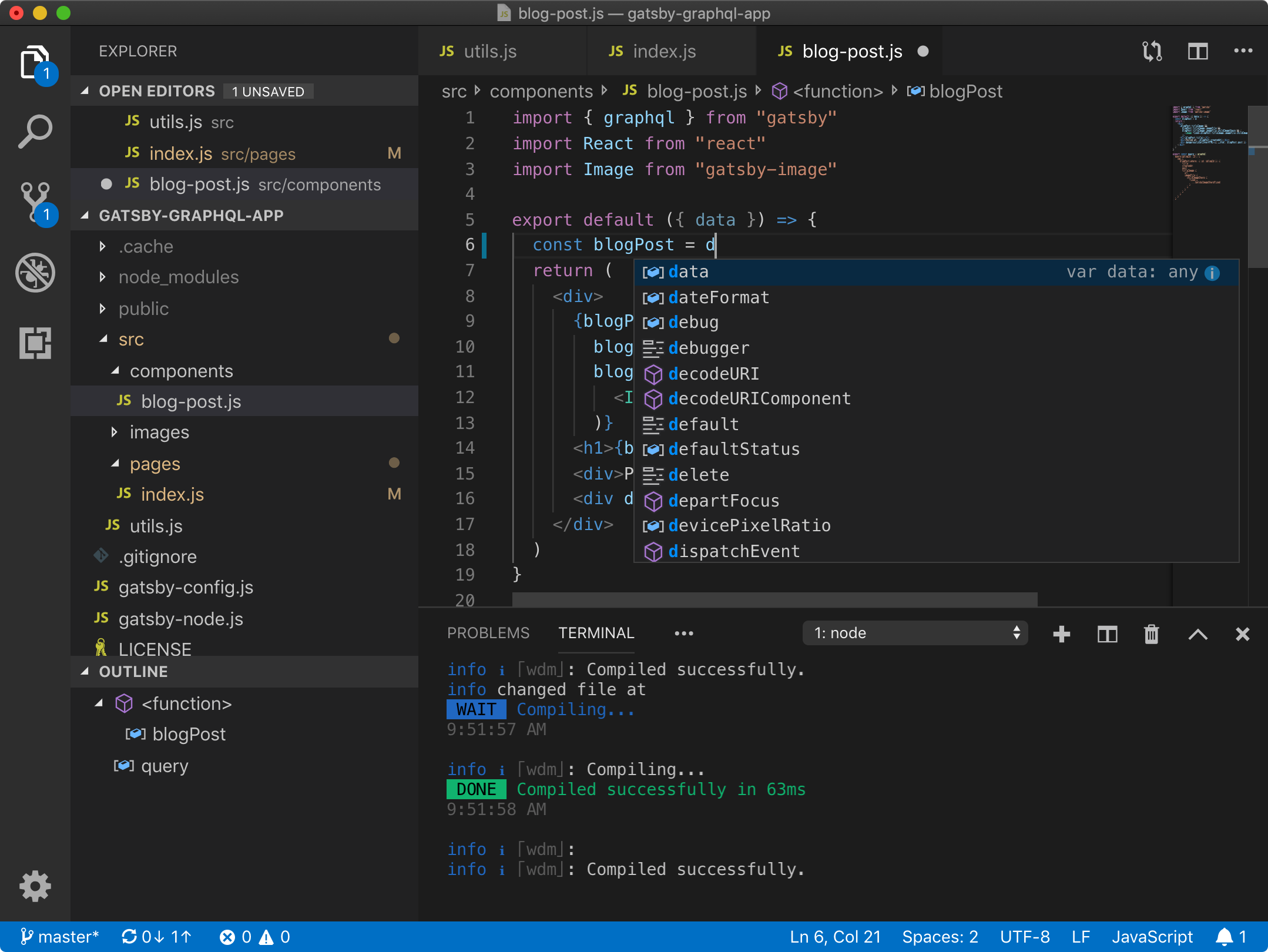To install VSCode on a Debian or Red Hat-based system, you can build and install a dpkg or RPM package:
$ sudo dnf install fakeroot g++ git libsecret-devel libxkbfile-devel make pkg-config python rpm-build unzip wget xz
$ sudo apt-get install bsdmainutils build-essential curl fakeroot git libasound2 libfuse2 libgconf-2-4 libgtk-3-0 libgtk2.0-0 libnotify-bin libnss3 libsecret-1-dev libx11-dev libx11-xcb-dev libxkbfile-dev libxss1 libxtst6 pkg-config python-gtk2 unzip wget zip
To build the appropriate package for your system, run:
$ make
To install the package, run:
$ sudo make install
You can also install the package manually. The RPM package will be in
the .build/linux/rpm/ppc64le folder, while the deb package will be in
the .build/linux/deb/ppc64el/deb folder.
To build both dpkg and RPM packaging, run make packaging.
To run without building the dpkg or RPM package, either run make run or run
make build and then launch using the ./scripts/code.sh script.
Alternatively, you can use the ppc64le_build.bash and ppc64le_run.bash
scripts.
This repository ("Code - OSS") is where we (Microsoft) develop the Visual Studio Code product. Not only do we work on code and issues here, we also publish our roadmap, monthly iteration plans, and our endgame plans. This source code is available to everyone under the standard MIT license.
Visual Studio Code is a distribution of the Code - OSS repository with Microsoft specific customizations released under a traditional Microsoft product license.
Visual Studio Code combines the simplicity of a code editor with what developers need for their core edit-build-debug cycle. It provides comprehensive code editing, navigation, and understanding support along with lightweight debugging, a rich extensibility model, and lightweight integration with existing tools.
Visual Studio Code is updated monthly with new features and bug fixes. You can download it for Windows, macOS, and Linux on Visual Studio Code's website. To get the latest releases every day, install the Insiders build.
There are many ways in which you can participate in the project, for example:
- Submit bugs and feature requests, and help us verify as they are checked in
- Review source code changes
- Review the documentation and make pull requests for anything from typos to new content
If you are interested in fixing issues and contributing directly to the code base, please see the document How to Contribute, which covers the following:
- How to build and run from source
- The development workflow, including debugging and running tests
- Coding guidelines
- Submitting pull requests
- Finding an issue to work on
- Contributing to translations
- Ask a question on Stack Overflow
- Request a new feature
- Up vote popular feature requests
- File an issue
- Follow @code and let us know what you think!
Many of the core components and extensions to VS Code live in their own repositories on GitHub. For example, the node debug adapter and the mono debug adapter have their own repositories. For a complete list, please visit the Related Projects page on our wiki.
VS Code includes a set of built-in extensions located in the extensions folder, including grammars and snippets for many languages. Extensions that provide rich language support (code completion, Go to Definition) for a language have the suffix language-features. For example, the json extension provides coloring for JSON and the json-language-features provides rich language support for JSON.
This project has adopted the Microsoft Open Source Code of Conduct. For more information see the Code of Conduct FAQ or contact [email protected] with any additional questions or comments.
Copyright (c) Microsoft Corporation. All rights reserved.
Licensed under the MIT license.



